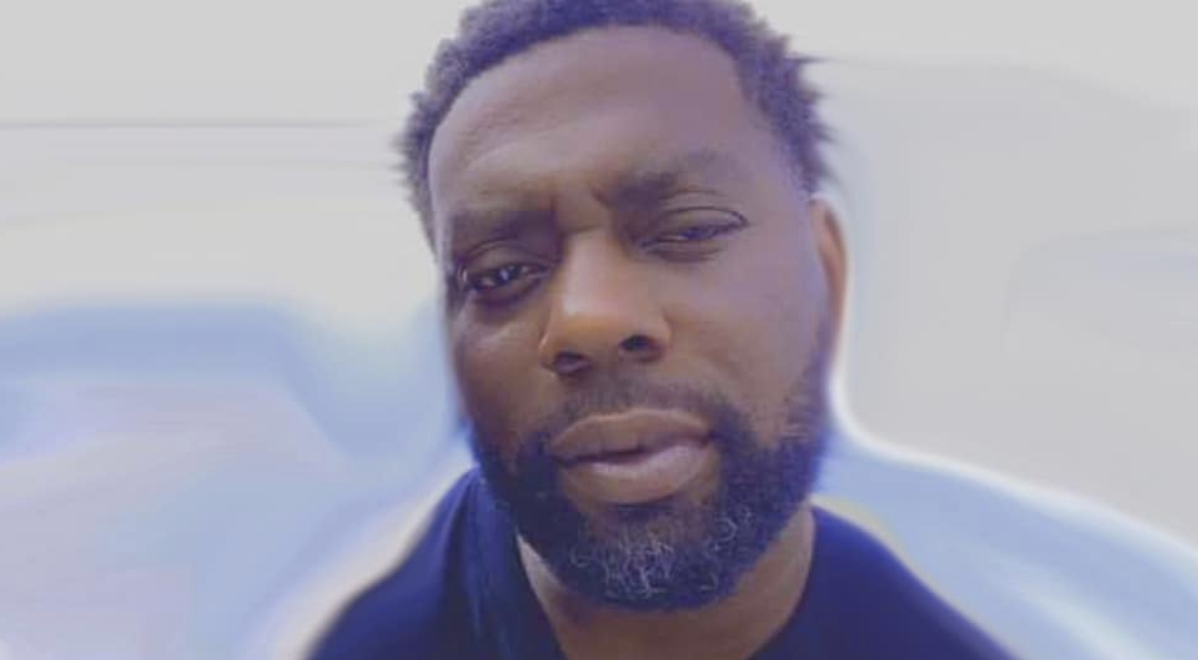North Carolina Deputy Admits To Altering Gun In Fatal Shooting Case of Andrew Brown, Jr.
His family has filed a $30 million lawsuit.


Photo Courtesy of Andrew Brown, Jr./ Facebook
A North Carolina police deputy admitted to altering his service revolver before submitting it as evidence in the fatal shooting of Andrew Brown, Jr., 42, after the bodycam of another officer at the scene captured the deputy’s actions.
The incident occurred in April 2021 when deputies in Elizabeth City, North Carolina, came to Mr. Brown’s home to execute arrest and search warrants for drug-related crimes.
Senior deputies at the scene did not suspect that Brown was armed and never drew their weapons. However, three other white officers fired multiple rounds of ammunition at Mr. Brown’s car as he attempted to drive away, striking him five times in the arm and one fatal shot to the head.
Investigator Daniel Meads was the first to open fire on Brown. Deputy Robert Morgan and Corporal Aaron Lewellyn followed suit, repeatedly firing as Mr. Brown tried to maneuver his car away from the police.
Bodycam videos showed Brown’s hands were not holding weapons throughout the incident. Videos shot after the incident showed Officer Meads emptying his gun of remaining bullets, considered evidence tampering when a weapon has been involved in a shooting. Meads’ weapon did not fire the fatal shot to the head. However, his gun did strike Mr. Brown in the arm.
Andrew Brown, Jr.’s family filed a $30 million civil rights lawsuit against Investigator Meads and the other officers that shot at Brown: Deputy Robert Morgan and Corporal Aaron Lewellyn. The lawsuit also included a co-defendant Pasquotank County Sheriff Tommy S. Wooten.
After a North Carolina State Bureau of Investigation reported Officer Meads’ weapon alteration in November, the victim’s family revised the lawsuit to include the new information. Family members have
described the fatal shooting of an unarmed Black man by three white officers as a lynching.His aunt, Martha McCullen, spoke out against the shooting, saying, “The police didn’t have to shoot my baby. Andrew Brown was a good person. He was about to get his kids back. He was a good father. Now, his kids won’t never see him again.”